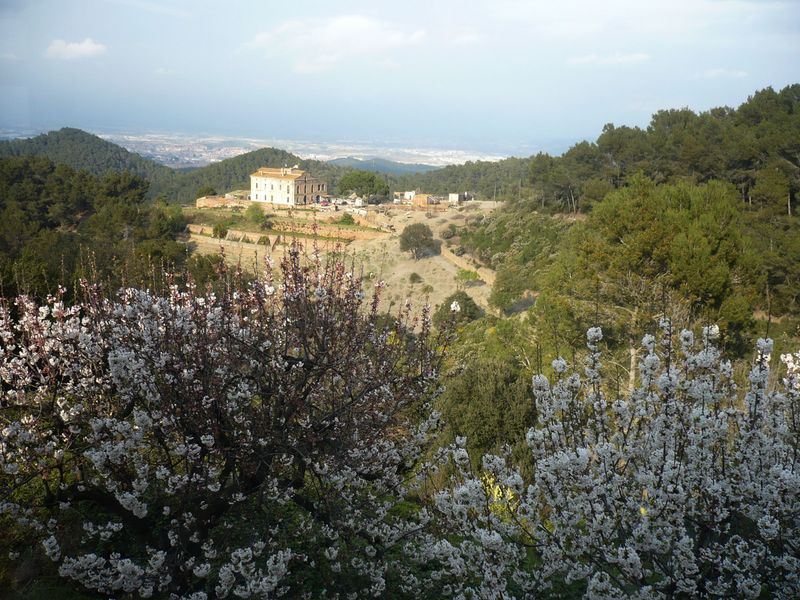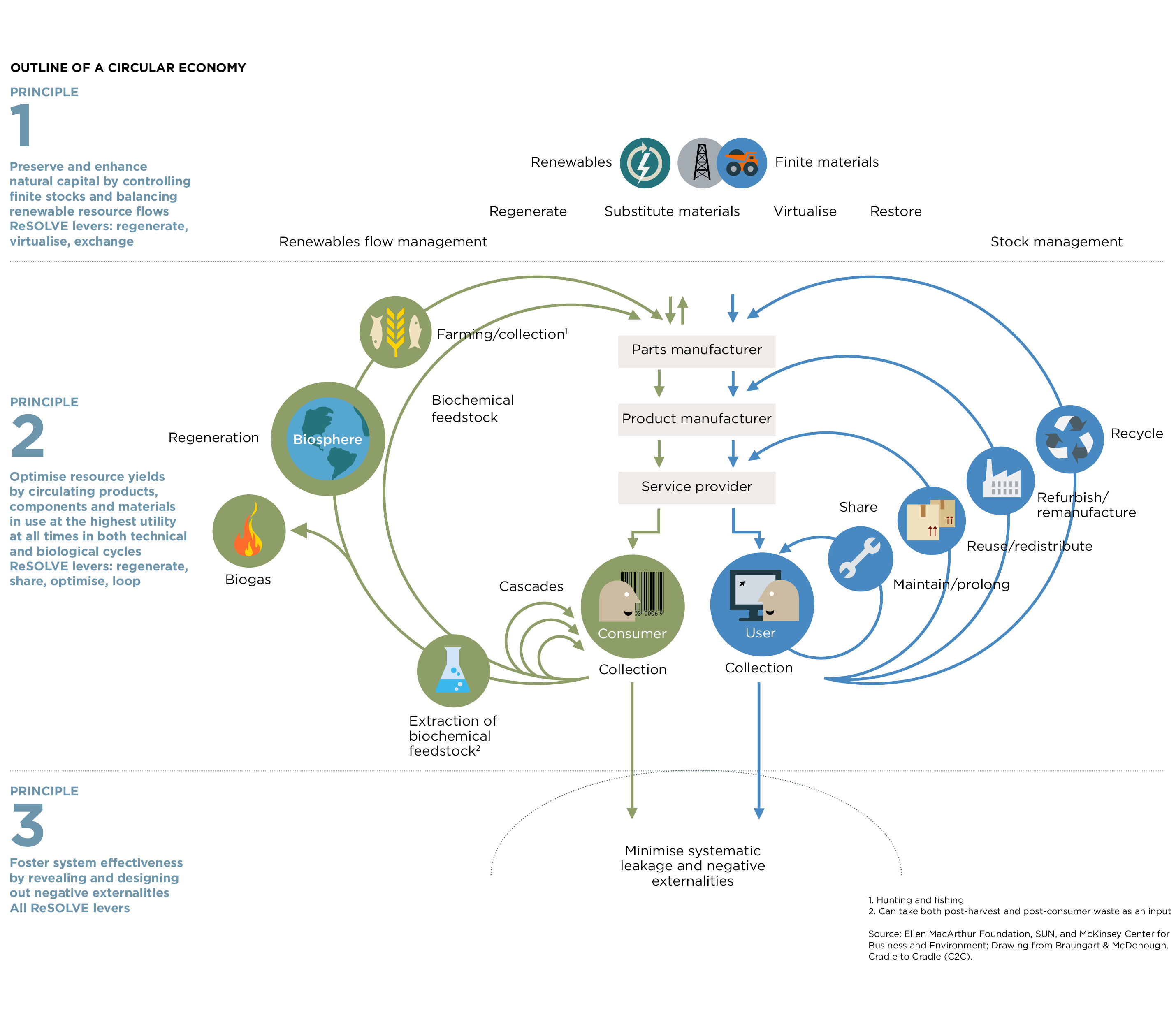On the maker movement

This story begins for me during a technical visit to a wedding venue. It was september 2016 and I was working on a gastronomic project with a couple of friends, we were managing a co-working kitchen and had a catering service.
Whenever we were planning anything we'd go to the location to elaborate the dynamic of the event, see what we'd need to bring in order to cook, etc. And this time it was no different, so while touring the facilities of this historic 130 hectare farm just outside of Barcelona we stumbled upon the laboratories in its basement. And in between all the machines, different projects lying on the tables, and all-around cool stuff I found a leaflet that introduced me to the FabAcademy.
If you want to know more about the Green FabLab make sure to check it out!
So I was already excited about this place and it just got better when I got home, looked this FabAcademy thing up and did a bit of research. Take into consideration that for someone that has education as an Economist, who is already involved in movements of collaborative economy and has been developing a conscience about how we should adapt a new model in order to work better against the inequalities of our system this was a great discovery.
I've always liked to reverse-engineer (just a fancy way to say that I loved to tear stuff apart) and tinker with what I had around, I believe that knowing more about our direct environment and the way it works gives us a greater degree of autonomy in the different systems that we're embedded. And that point of view is shared when it comes to my understanding of how a community or economy should work. Nonetheless, in the later years we've seen how the world has immersed a process of globalisation (referencing to the geo-political and economic trends) and that has morphed into a scenario of worldwide financialisation, in which the financial aspect of the economy, mostly linked to the non-productive economy and specultive practices has taken over. But this is different, it is about making!
(For a deeper understandig about financialisation and world related case studies you can read
"Financialisation and the Financial and Economic Crises: Country Studies" edited by Eckhard Hein, Daniel Detzer and Nina Dodig. I also recommend Yanis Varoufakis "The Global Minotaur".)
What I had stumbled upon here was an already established movement, that included different groups representing a technology-based extension of DIY culture at the intersection with the hacker culture. This movement had many branches but was very present in Barcelona through the Fab Foundation and its network of FabLabs.
What were the main premises of this movement and why did they resonate with me. First there is the fact that it is an open source initiative, which is basic to understand how this movement aims to get everyone involved, through an open repository of knowledge, all the information is there for everyone, which makes the learning process non-restrictive as long as you have internet access.
Then there is the fact that it doesn't work as a KM0 movement sourcing everything locally but follows the principles of a circular economy, that seeks to rebuild capital, whether this is financial, manufactured, human, social or natural. This ensures enhanced flows of goods and services. The system diagram illustrates the continuous flow of technical and biological materials through the ‘value circle’.

But there's a twist in the way that manufacturers and service providers are defined. Since the maker way is about autonomously producing (let's understand that autonomy on the scale of a community and not just the individual subject), end user, manufacturer, and service provider are the same.
And although it may seem contrary, there's something to be said about the relationship between the maker movement and the principles of degrowth. Yes, I know what you're thinking, how does a movement based on technology and one whose advocates unite under the prespective of a healthy skepticism regarding the promise of technological salvation have something in common.
Well, here is where it gets pretty and those different currents of thought overlap leading to an intersection represented by the architecture of the FabLab network. This network is growing (doubling the number of FabLabs since 2009) generating an increasing network effect which means that if Lass' law is correct we'll end up with a network of laboratories equipped with a standarized set of tools and a knowledge database that is open source within a few decades.
Now let's recap and see what are the possibilities that arise from this. We have a huge network that emulates an ecosystem, it is not connected physically but this biomimicry comes from the shared vessels of knowledge. There's an environmental outlook to the way that our future is designed, ideas of recycling, upcycling and sourcing materials locally when possible. This networks of spaces are not going to replace the big manufacturing industries (yet) but aim to have an effect on the way we produce and consume goods. Or at least they're going to make us re-think the life cycle of many products that are now under the evil spell of planned obsolescence. And by diminishing the role that any big industry has on the consumer patterns of individuals we are adopting a part of the degrowth theory, and becoming a more 'democratic' marketplace. I think I can take a calculated risk now and say that lately there's been a shift on the way of seeing the world for many people, we're not anymore in a world of us against them where we got indoctrinated with narratives that primed geopolitical power over a biosphere consciousness. The fertility of collective intelligence is proven to be a much better ally to all of us, and if we combine it with the possibility to democratize the means of production and decentralized power we get a picture that looks promising for those who strive to live in a more egalitarian society.
This is a bit of a draft, I'd like to put together this ideas and be able to dvelve in some concepts a bit deeper, but for now I think it's a pretty good aproach on what my thoughts and hopes for the maker movement are.
